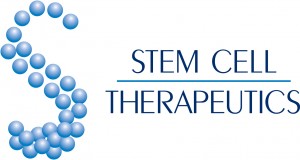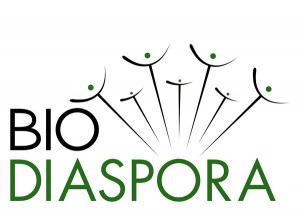Merck invests in pan-Canadian life sciences research innovation sector
A $4-million public-private partnership will promote research innovation involving three academic commercialization centres in Canada
CHICAGO, Illinois – April 22, 2013 – Merck Canada will be announcing today at the BIO International Convention that it is reinforcing its commitment to the Canadian life sciences research innovation sector.
Merck will provide $4 million in funding to the Institute for Research in Immunology and Cancer – Commercialization of Research (IRICoR) for future corridor projects developed in collaboration with two other Canadian Centres of Excellence for Commercialization and Research (CECRs) based in Ontario and in British Columbia.
This partnership announcement was covered by PEHub.
IRICoR will work in conjunction with MaRS Innovation and the Centre for Drug Research and Development (CDRD) to identify, develop and commercialize technologies in healthcare. All three CECR institutions – identified as CECR in 2008 by the federal government – share a common objective: facilitating and accelerating the commercialization of research breakthroughs that will improve the quality of life of Canadians and others around the world.








